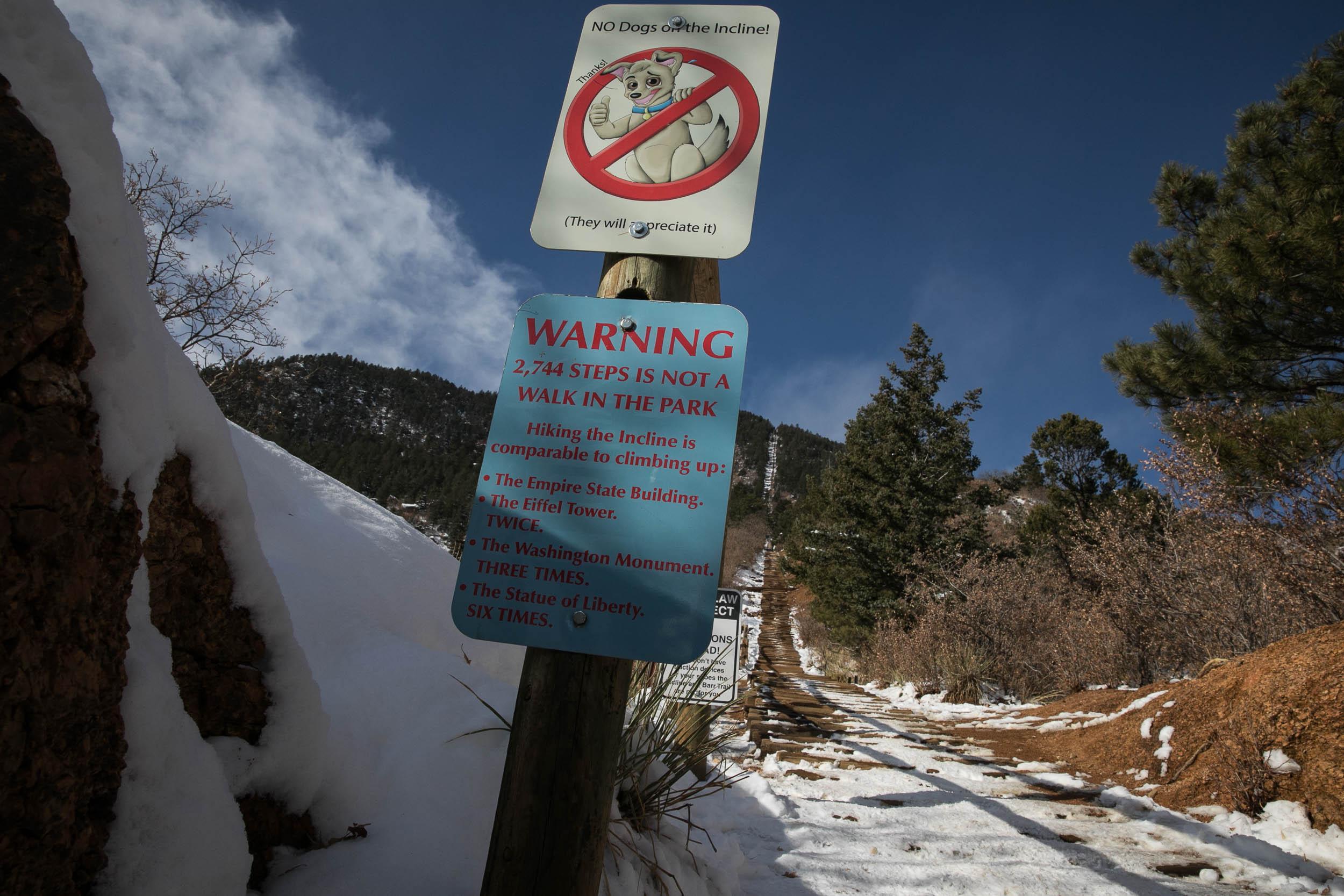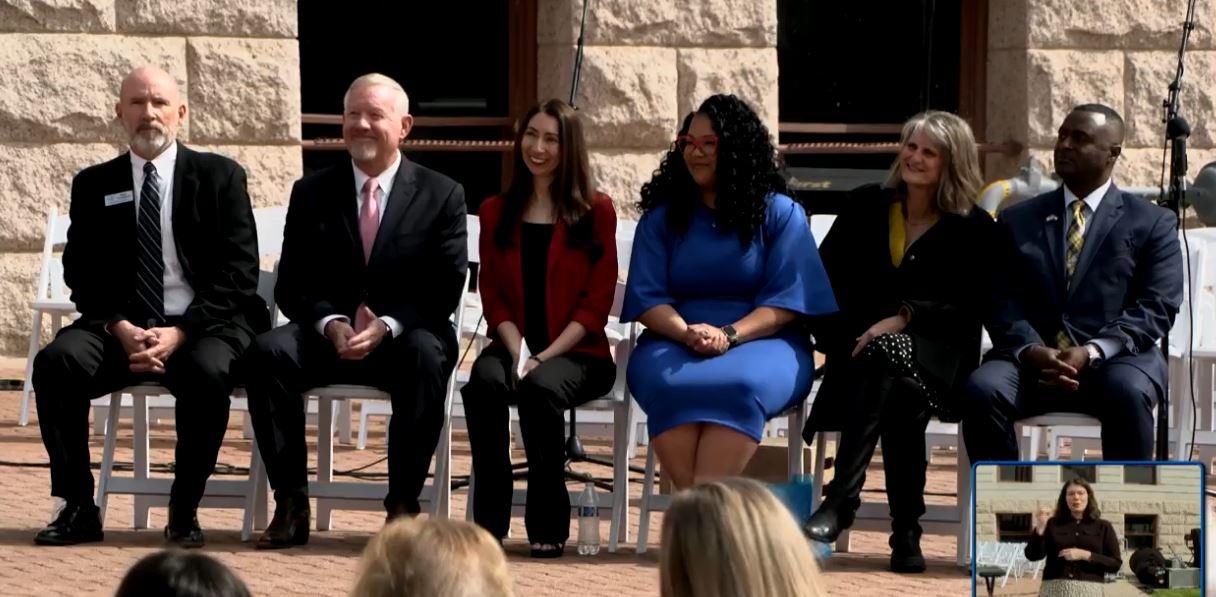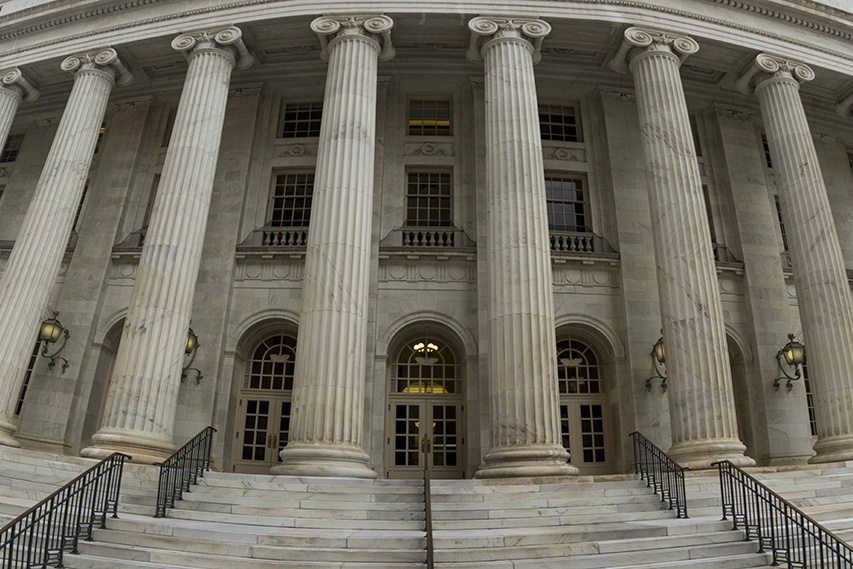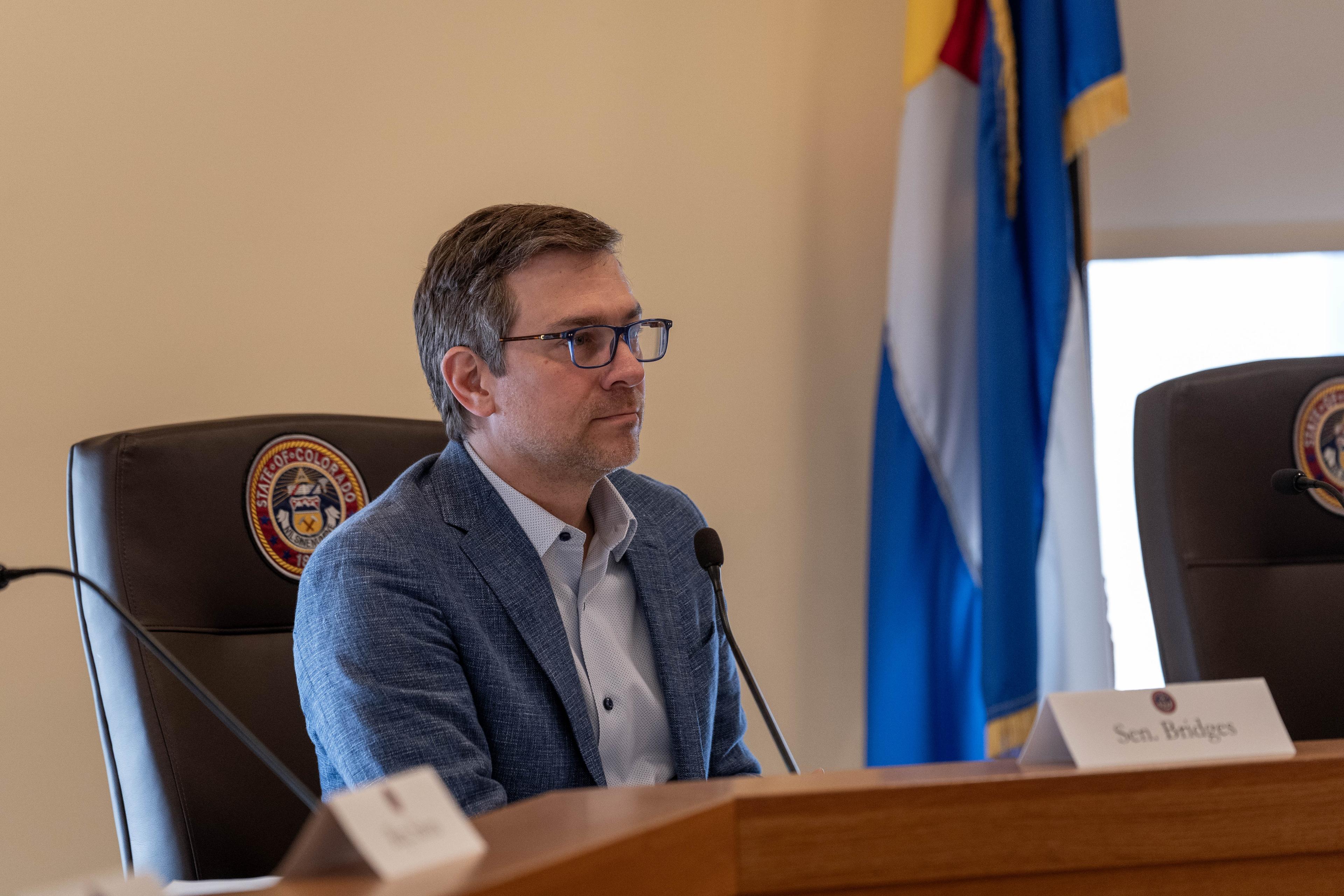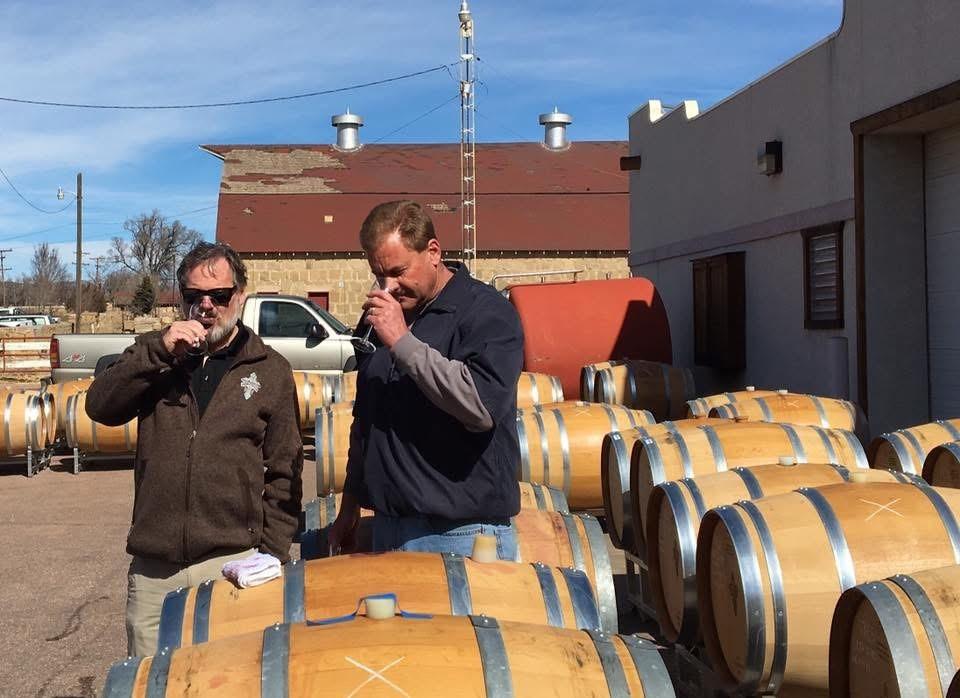
Catholic monks launched The Winery at the historic Holy Cross Abbey in Cañon City 23 years ago. Not long after, they sold the business to Larry Oddo. He said the national park placement is a first for a Colorado winemaker and it is huge for them.
“The recognition,” he said. It’s “national expansion, the first Colorado wine to be placed out of state in any significant manner on a wholesale basis as opposed to direct to consumer.”
Three of the Abbey wines will be on the wine lists at eight lodges and restaurants in Yellowstone, including the historic Old Faithful Inn. That includes a merlot, syrah, and a red blend called The Theurgist. That placement was made with the help of a winery sales consultant.
The 2022 Merlot is made with grapes grown in Palisade on Colorado’s Western Slope. Oddo described it as a mid to full-bodied wine with baked cherry, black cherry and plum flavors that pair well with red meats and cheeses.
Oddo said the 2020 Petite Syrah is styled like a French Rhone River Valley style wine with “big fruit, lots of oak, some white pepper, and some spice on the nose in the finish, that pairs exceptionally well with wild game meat” like bison, elk or venison. The grapes are sourced from the Columbia Valley in Washington.
The Theurgist is part of the winery’s “As Above So Below" brand. “It’s a fun little blend of wine,” Oddo said. It's a lighter style with cherry flavors almost like a chianti or pinot noir, “a fruit-forward, fruit-driven wine that pairs well with food.” Although it has some merlot and cabernet franc grapes, it’s primarily made with Petite Pearl, a genetically modified grape that was cultivated at a university laboratory.
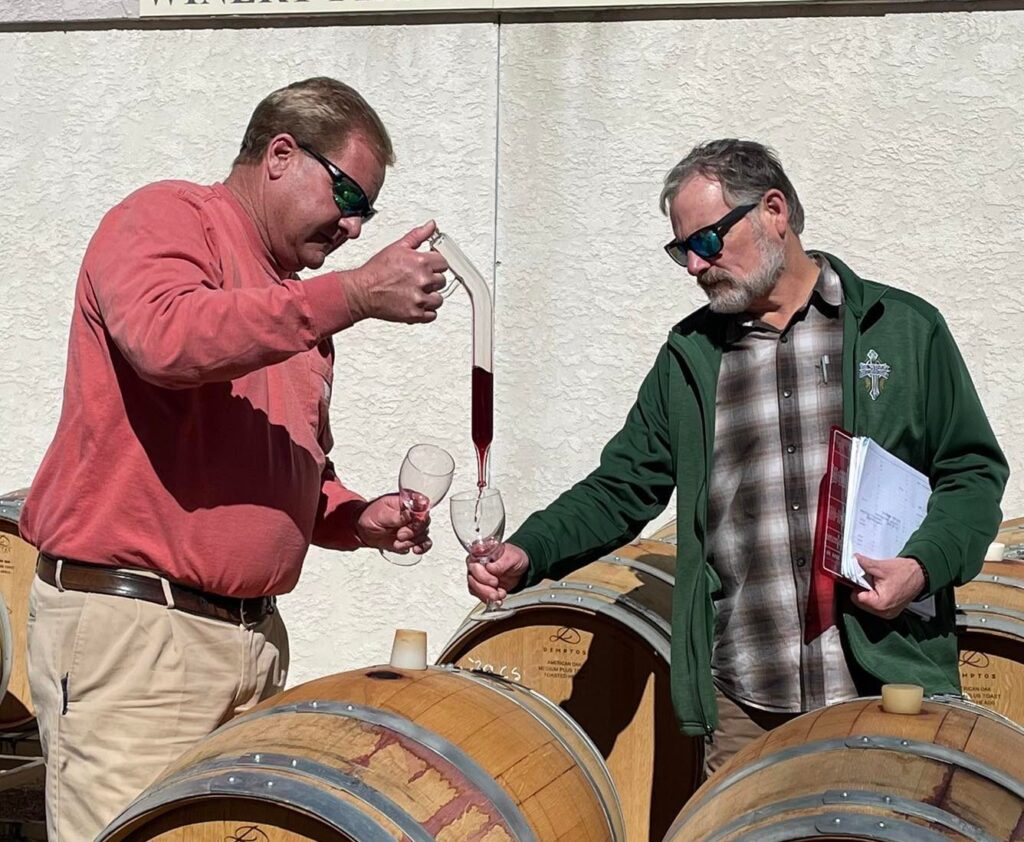
The winery created the “As Above, So Below” line in 2020 according to Oddo, to use non-traditional grapes that are grown in Colorado. He said these varieties were engineered at university labs to stand up to the challenges growers face from climate change.
“We're using those and blending them with the merlots and the cabernet sauvignons,” he said, “to take some of that hybrid funk out of it to make it taste more approachable and more like what a traditional Bordeaux-style wine would taste like.”
The wine is sold at a lower price point according to Oddo, because the grapes are cheaper and the winery is also changing packaging for the brand to make it less expensive.
The idea with the "As Above, So Below” brand was “to play a little bit with our history and the fact that we were founded by Benedictine monks and on the historic Holy Cross Abbey property,” he said. The first brand logo “has that cross and that religious feel to it. So we wanted the second brand to have a nod to it, but not to get so far that it's sacrilegious, but toe that line a little bit and be a little edgy and give the feel of something that's a little hipper and something that's a little more attractive to a younger drinker.”
Only a small percentage of grapes used at the Cañon City winery are grown in the vicinity of Cañon City. That’s because Southern Colorado has a slightly cooler climate “with bigger swings than you'll see in Palisade Western Slope and other grape growing regions,” Oddo said.
But, he said, there are grapes cultivated along the Arkansas River in some areas that have appropriate microclimates, “and there are quite a few brave souls who are trying to grow grapes.”
Holy Cross Abbey winery also produces wine made from grapes grown by backyard growers or growers with one or two acres planted.
“We will bring in about 18 or 20 different types of wine grapes and blend them together to make our Wild Canyon Harvest,” Oddo said.
Oddo also chairs the Colorado Wine Industry Development Board. He said the national park sale is a positive note in a wine market that was hit hard by the two-year-old state law allowing liquor sales.
“Independent liquor shops have felt the crunch,” he said. “In that two-year period, grocery has taken 75 percent of the wine market in the state of Colorado. That has significantly impacted the profitability and sustainability of independent liquor shops, which were the bread and butter supporters of our program. So we've seen a significant decline in our wholesale program.”
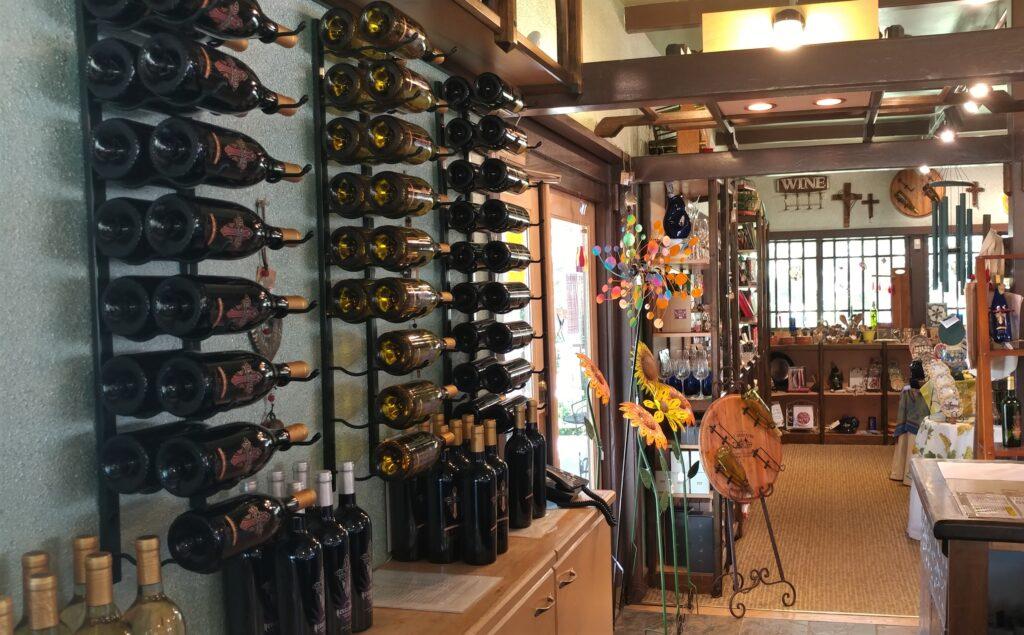
Trends in the wine market are changing and people are drinking less wine, according to Oddo. So he’s looking for other ways to get their wine distributed more widely.
“I think it's something that's going to actually help us get through this rough patch."
The Winery is on track to produce about 6,000 cases this year, which Oddo said is down from 11,000 cases in the late 2000s. That’s partially because of the changing market in Colorado, he said, but also because tourism has been down for them too and that’s a substantial part of their business as well.
“We try to create an environment here where people can come and no matter what their experience or educational level is regarding wine, they can come and find something they can enjoy, something that suits their palate, something that they want to bring home and share with friends,” Oddo said.

